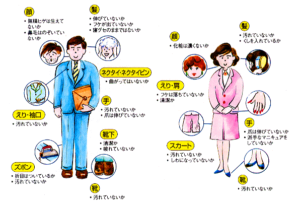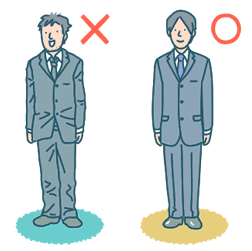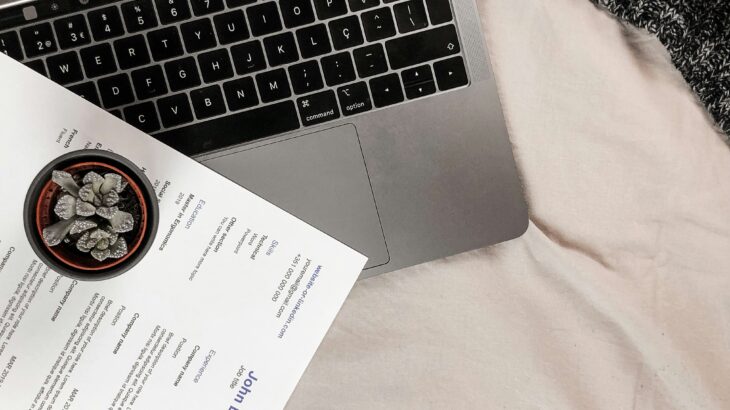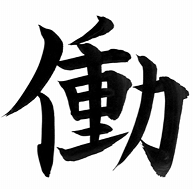Now that you started work and settled in with your new company, you need to get up to speed on Japanese business etiquette.
Protocol is very important in Japanese business and affects all levels and areas of business affairs.
Even though you are a foreigner, you are still expected to have at least some understanding of business customs.Fortunately, Japanese are usually forgiving when it comes to foreigners who show that they are making an effort and the Japanese host will often try to help out in any way possible.

It is advisable to be conservative and polite in your demeanor and attitude. Japanese businessmen tend not to be brash or arrogant but try to be humble in their dealings. Being seen as arrogant takes away from one`s trust and image. This will lead to a lack of respect from your Japanese host, which is something you want to avoid.
One of the things that you will have to get used to is attending meetings. The fact of the matter is, Japanese love having meetings. Internal meetings or meetings with clients, they will become a large part of your working life.
When attending client meetings, it is always best to dress formally and conservatively. Even though `Cool Biz` attire is instituted in many offices as a way to reduce cooling costs, one should always play it safe when attending a business meeting at a client`s office and be aware that casual business attire is not always an acceptable thing in Japanese business etiquette. It is always better to be safe than sorry.
Avoid flashy articles or clothing and loud shirts. If you look around you, you will notice that most Japanese business people tend to wear either white or light-coloured shirts, and the ladies go for dark or grey business suits.

When meeting your Japanese host for the first time, it is very important to follow the traditions. Firstly, you should bow and wait to see if the Japanese side initiates a handshake. The shaking of hands in not natural for Japanese businessmen as bowing is, but seeing that you are a foreigner, it is very possible that they will offer to shake hands.
If in doubt, stick to bowing and follow the lead of your Japanese colleague.
When it comes to sitting down at the table, you must wait for directions on where to sit. Where a person sits is very important in Japanese business etiquette and protocol dictates that seating position is determined bystatus.

The highest ranking person will be at the head of the table, and subordinates on either side. More senior people will be closest to the highest ranking person and the lower the rank, the further they will be.
One very important rule you should remember is that you should not be the first or only one who is sitting. If none of your Japanese hosts are sitting down, than you should not be the first or only one doing so. This rule can also apply to all actions that may occur – speaking, drinking, eating and others. Remember, it`s all about etiquette, protocol, respect and humility.
You should always show interest in the meeting and acknowledge everyone`s input. Note-taking is expected but never use red ink to write. Black or blue ink only should be used. It is alright to repeat an idea to clarify and will keep you involved in the meeting and make you look like you are very interested in what is going on.
Sometimes, you may receive a gift during a meeting. They are not a must for either you or your host, but is a nice gesture. Should you receive something, show your appreciation by thanking everyone involved in the presentation. Never open a gift that is wrapped but wait till you have left the client`s office before doing so.
If you follow these guidelines, you should have no problems attending these meetings. Any minor mistakes can be rectified with a bow, an apology and a smile!





